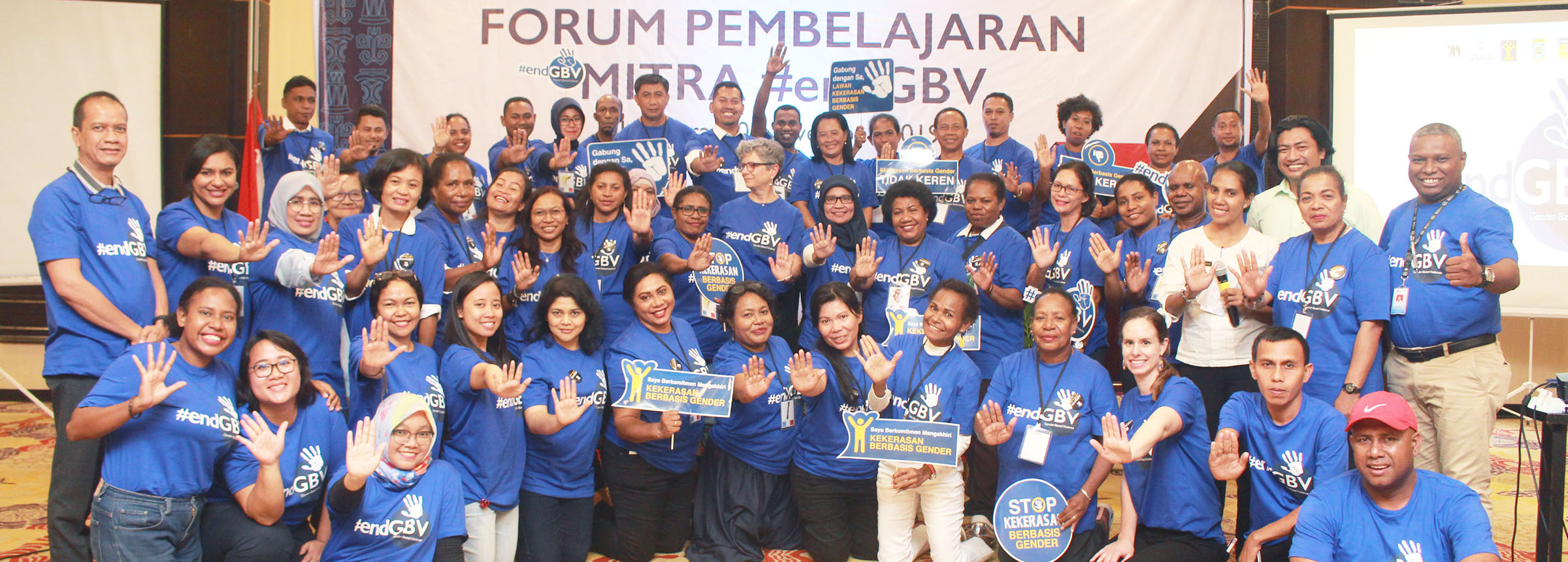Projects
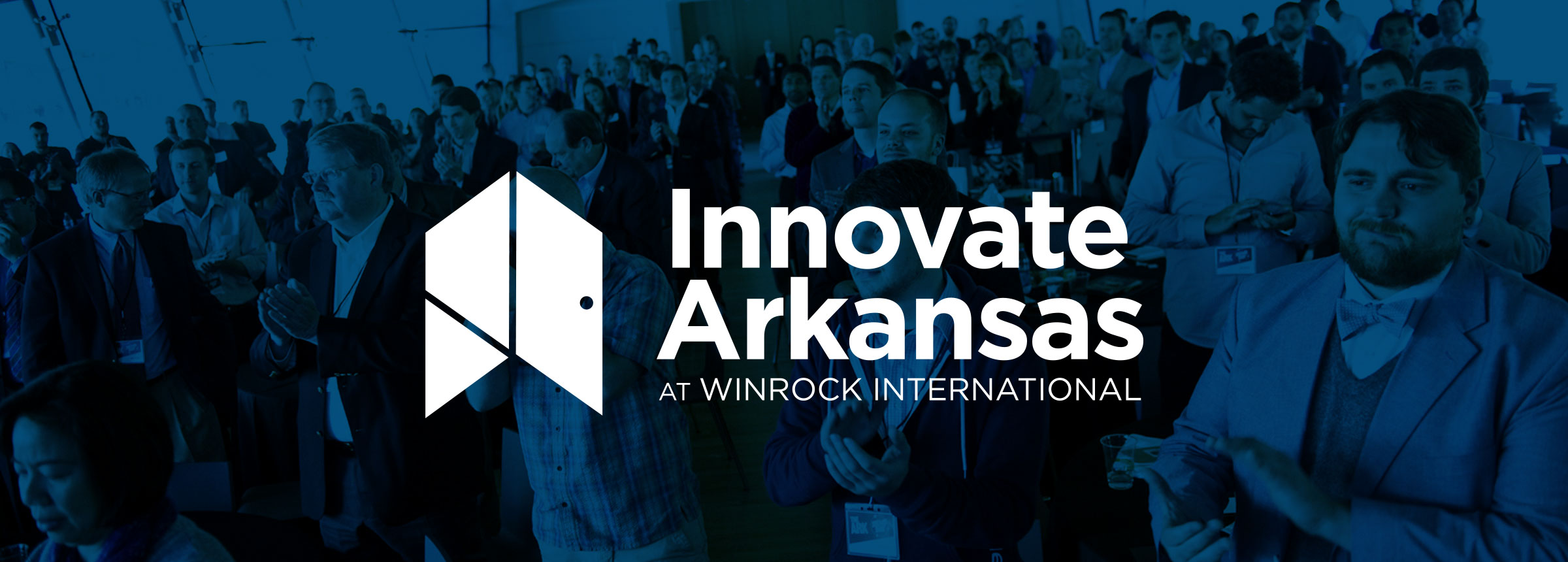
Innovate Arkansas VI
Though the bulk of Winrock’s programs are outside the United States, we are committed to improving lives in our home state of Arkansas by boosting the state’s competitiveness in the increasingly important high-tech economy. To do that, we work with technology inventors and entrepreneurs to smooth the often difficult journey from raw idea or insight…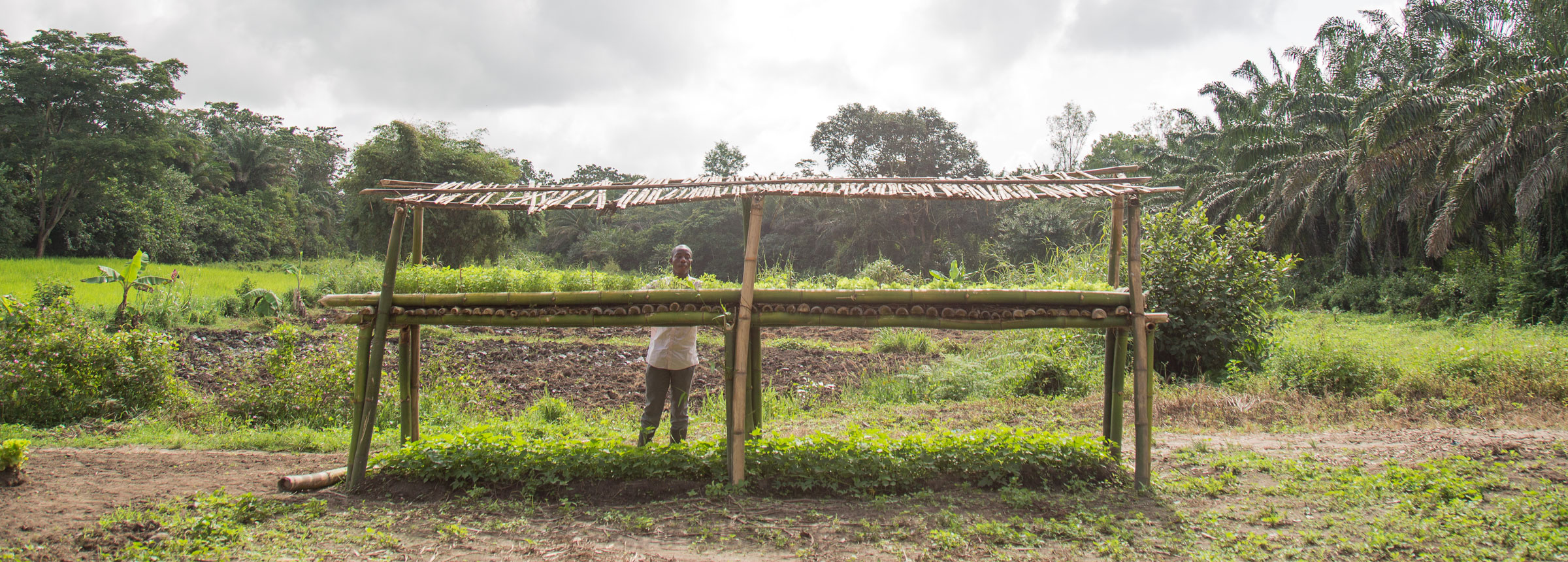
Guinea SMARTE
Guinea has plenty of farmable land and water, a large youth population, and three quarters of its labor force employed in agriculture. But despite these advantages, the nation is still one of the poorest in the world. One reason is the lack of opportunity that prevents women and youth from contributing significantly to the economy.…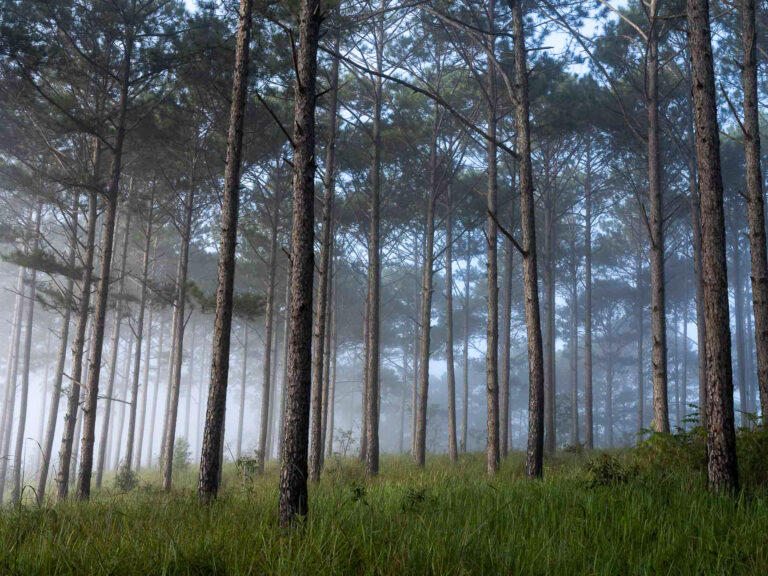
ACR
Winrock has long recognized the threat posed by climate change. ACR, founded in 1996 and operated by Winrock, is dedicated to the belief that markets are the most effective tools to tackle climate change. As such, ACR has developed transparent and science-based methodologies to incentivize carbon reductions in agriculture, transportation and other industries. ACR is also a partner in assuring that California’s landmark Cap-and-Trade Program can manage, verify and credit carbon offsets effectively.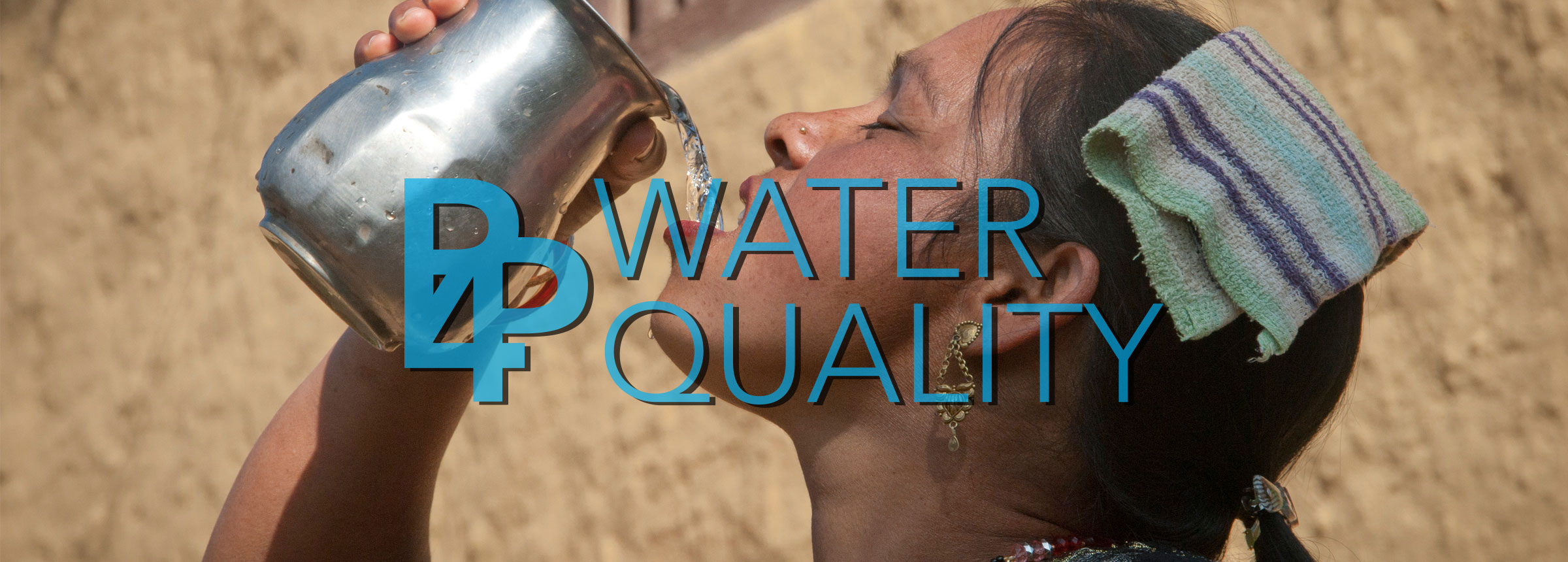
P4P Water Quality
Pay for performance (or P4P) isn’t just a way to incentivize sales professionals. Winrock has spearheaded approaches that financially reward farmers for reducing the amount of phosphorous that makes its way into rivers and lakes. Though phosphorous in fertilizer and manure helps crops grow, its runoff from fields also creates harmful dead zones and causes […]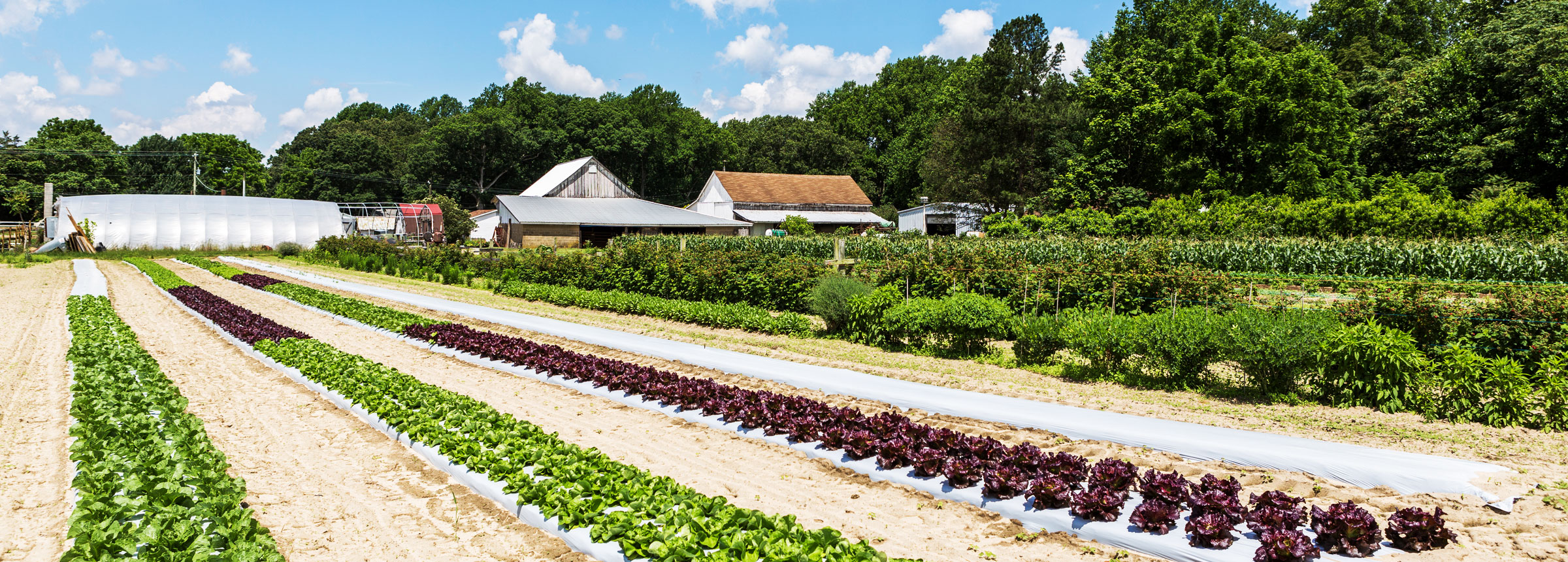
Wallace Center
The Wallace Center at Winrock International is a nonprofit organization with a mission to bring together diverse people and ideas to co-create solutions that build healthy farms, equitable economies, and resilient food systems. Our vision is that all communities have the power to nourish themselves and regenerate ecosystems through just food and agriculture systems. At […]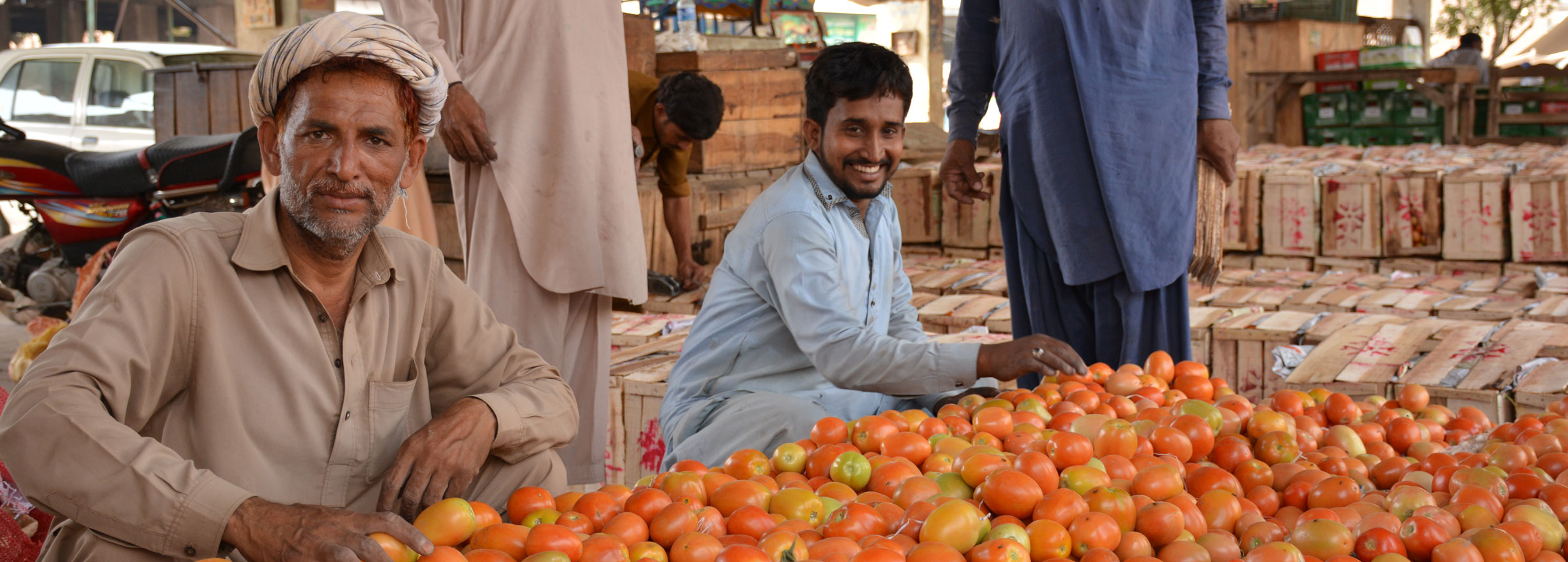
Pakistan Agriculture Development (PAD)
More than 40 percent of Pakistan’s laborers work in agriculture, but climate change and the country’s water crisis have slowed growth in this sector. The Pakistan Agriculture Development project, funded by USDA’s Food for Progress program, aims to increase production and reduce post-harvest losses for smallholder farmers in Sindh and Punjab provinces. By encouraging collectives,…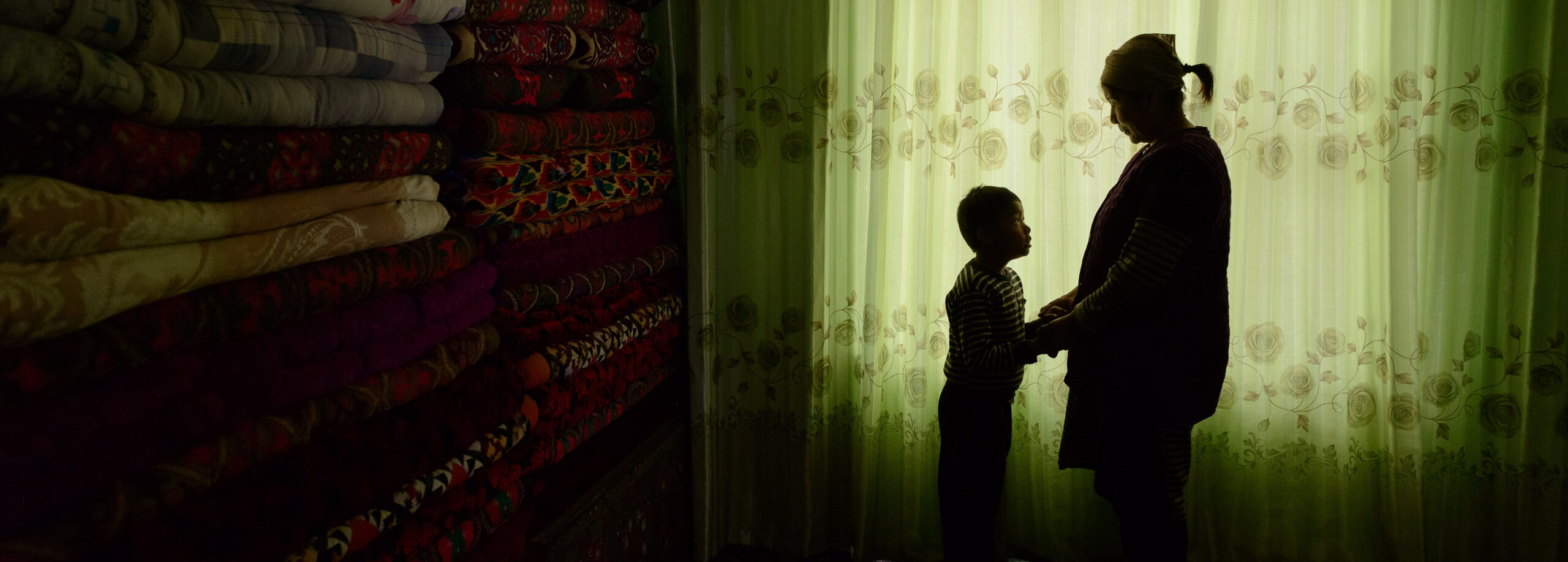
USAID Asia Counter Trafficking in Persons (CTIP)
Complex problems require transcendent solutions, ones that span borders and sectors. Human trafficking is such a problem, and the USAID Asia Counter Trafficking in Persons program (USAID Asia CTIP) is such a solution. USAID Asia CTIP is a regional activity that focuses on transnational and regional challenges to combat human trafficking. The program aims to…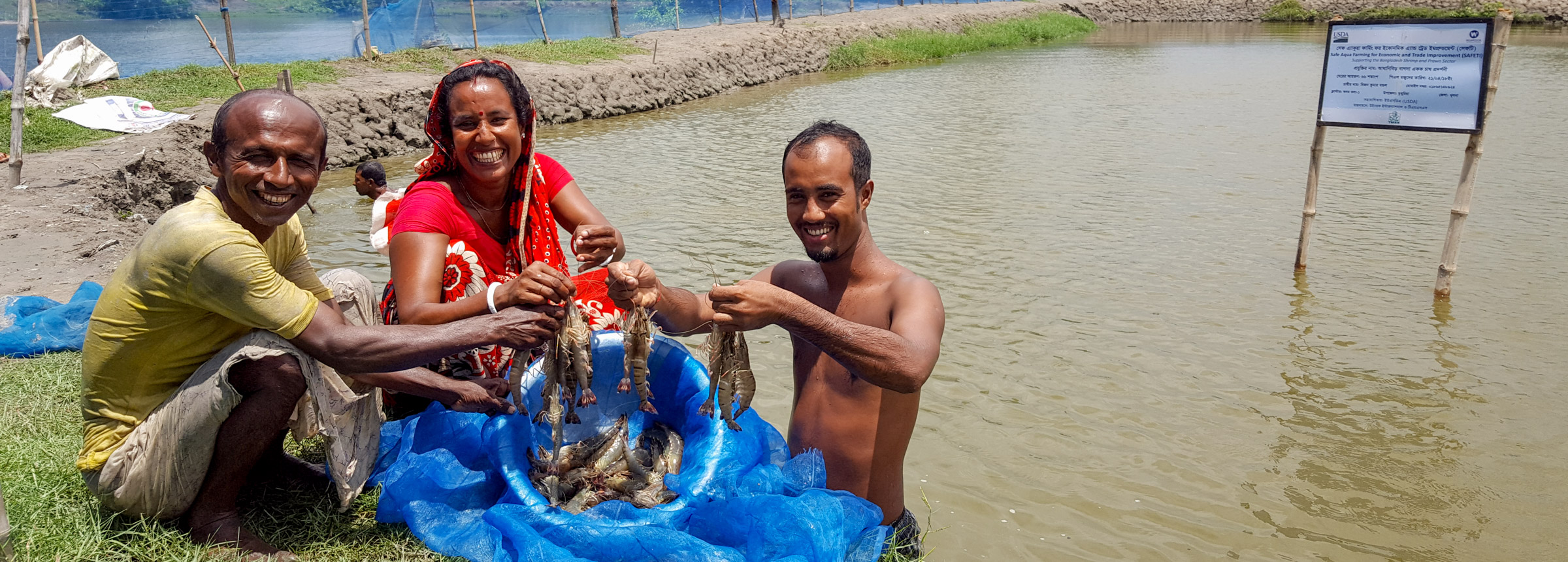
Safe Aqua Farming for Economic and Trade Improvement
Bangladesh’s aquaculture industry is growing, but its small-scale shrimp and prawn producers still need help. They lack the resources and the knowledge of international standards to run farms and hatcheries to their full potential. By providing farmers with technical training and access to financial services — and by building the capacity of the trade associations…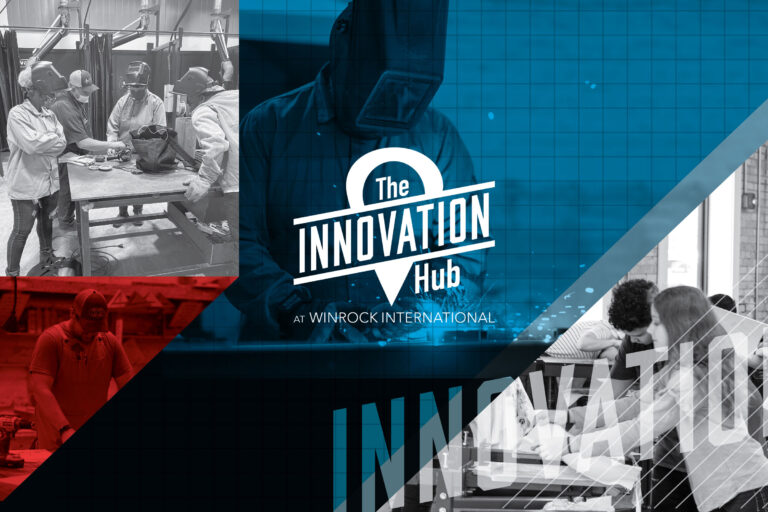
Arkansas Regional Innovation Hub
We have worked hard to create an accessible space that is open to anyone who wants to Learn and Build with us. We believe that the challenges of the 21st-century economy require us to do everything we can to develop, retain, and attract talent — which has always been our state’s greatest asset. That demands […]